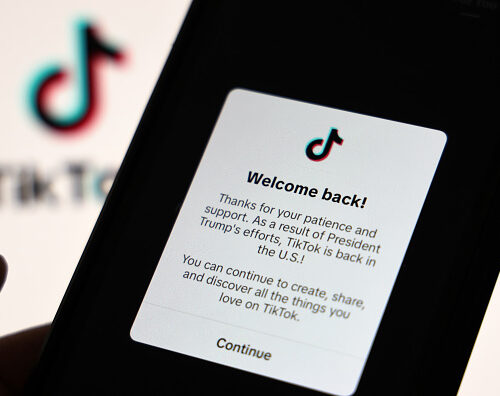Popular Linux orgs Freedesktop and Alpine Linux are scrambling for new web hosting
In what is becoming a sadly regular occurrence, two popular free software projects, X.org/Freedesktop.org and Alpine Linux, need to rally some of their millions of users so that they can continue operating.
Both services have largely depended on free server resources provided by Equinix (formerly Packet.net) and its Metal division for the past few years. Equinix announced recently that it was sunsetting its bare-metal sales and services, or renting out physically distinct single computers rather than virtualized and shared hardware. As reported by the Phronix blog, both free software organizations have until the end of April to find and fund new hosting, with some fairly demanding bandwidth and development needs.
An issue ticket on Freedesktop.org's GitLab repository provides the story and the nitty-gritty needs of that project. Both the X.org foundation (home of the 40-year-old window system) and Freedesktop.org (a shared base of specifications and technology for free software desktops, including Wayland and many more) used Equinix's donated space.


© Getty Images


















